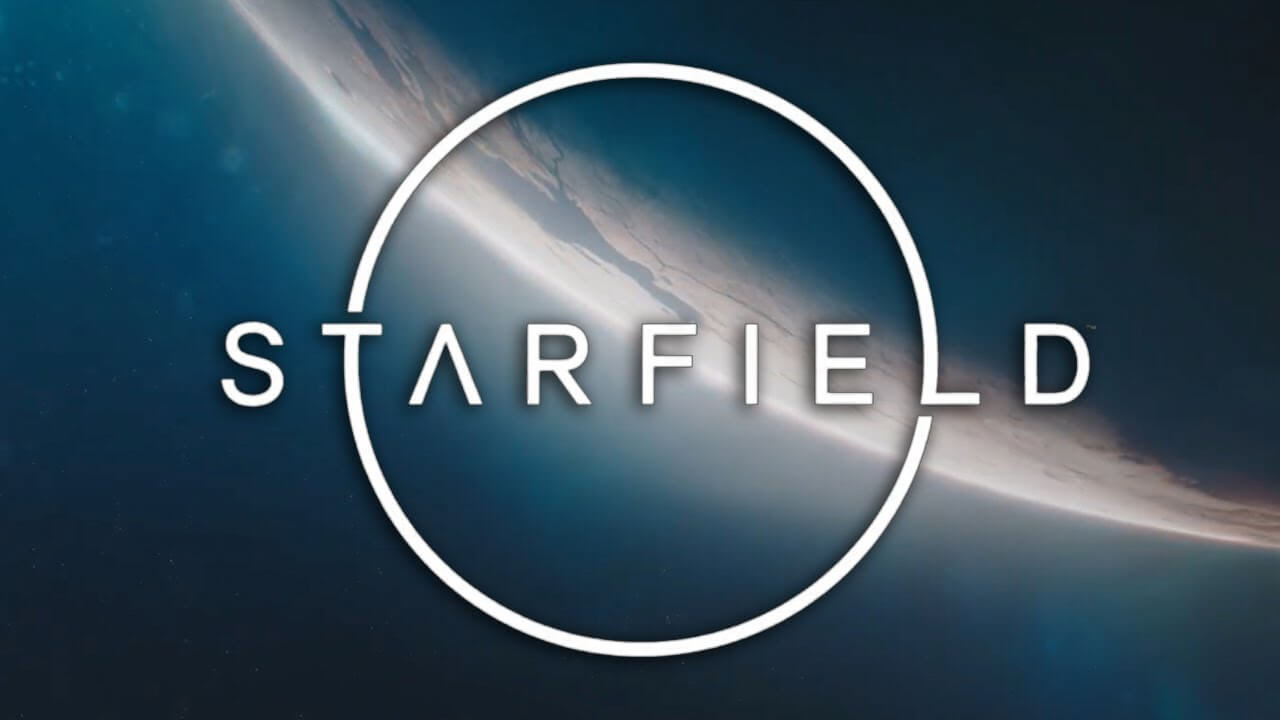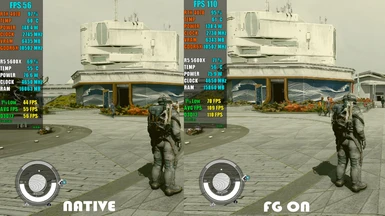Starfield, the game that invites us to dream? Dream of what could be if it weren’t stuck in basic graphics. No ray tracing? Rasterizer graphics? I suddenly feel like I’ve been catapulted into a time capsule straight back to the late 2010s. And where the heck is DLSS? Not even Intel’s XeSS made it to the party. I mean, if neither Nvidia nor Intel are on the guest list, there should at least be some party hats and streamers. Bethesda and AMD obviously threw an exclusive party where only FSR 2, AMD’s answer to DLSS, was on the guest list. ‘Look, we have friends too!’ they proudly proclaim, presenting us with their bundle of Starfield and GPUs, while hoping we’ll just ignore the absence of the cool kids, DLSS and Ray Tracing.
...
Well, you could say it’s only fair because, in real life, the sponsor doesn’t always win, right? It’s like Pepsi financing a concert where all the guests are happily drinking Coca-Cola. The absurdity is so delicious that you can’t help but marvel—unless you privately bought a Ryzen 9 7950X3D instead of an Intel Core i9-13900K. And I can imagine AMD folks sitting in their offices wondering where it all went wrong. ‘We sponsored the game, we have AMD hardware in the bundle! Why, oh why, is Intel stealing the show?’ Naughty Intel! The answer, ladies and gentlemen, is complicated and technical, and probably involves a whole bunch of things only engineers understand. But at the end of the day, it’s just hilarious. For marketing and Intel buyers.
Maybe it’s also a lesson in humility for AMD. You can’t just slap your name on a game and expect automatic fame and recognition. Or perhaps it’s a lesson for all of us not to believe everything that’s on the glossy marketing brochure. That extends to FSR2. This AMD feature (sorry, dear fanbase) is so self-impressed that it reactivates itself at every opportunity. ‘You want to switch from medium to high details? Surprise! Here I am again! Gotcha,’ it practically screams from the depths of the settings. And then you have to deselect it. Every. Single. Time.
But wait, there’s more. The game apparently just missed the launch of FSR 3. How ironic! This could have been the big moment for AMD and Starfield, the red carpet on which they hand-in-hand stroll into a visually stunning future. But no, the carpet was rolled up and stashed back into the cyber-closet until 2077. The opportunity to really impress graphically was as elegantly missed as a meteorite narrowly passing Earth.
All in all, Starfield feels like a missed opportunity, a marriage proposal without a ring. Sure, the game has other qualities, but when it comes to graphics, it’s like fireworks being set off in the rain. It fizzles and pops, but the big ‘Ahs’ and ‘Ohs’ are missing. So, all we can say is: Maybe next time, dear Starfield developers. Maybe next time. Once again…”





